





5 Essential Change Management Tools for Government
Table of Contents
Project management tools
One essential tool for managing change in the public sector is project management. Project management provides a structured and repeatable methodology and process for managing a project from initiation to closure. It involves planning, executing, monitoring, controlling, and closing a project, with a focus on achieving the project's objectives within the constraints of time, cost, and quality. Project management tools help to drive positive outcomes and gain commitment from leadership, reducing the need to reinvent the wheel with each new change.
The integration of change management with project management tools at the project or program level can help public-sector organizations achieve positive outcomes. Specialist organizations like Prosci provide training, tools, and support to help public-sector organizations implement project management tools and build change management capability with structure and intent.

Engagement and Survey tools
Another way to manage change in government organizations is with engagement and survey tools. These tools enable government employees or citizens to share their answers and objectively rate each other's responses and ideas.
ThoughtExchange, for example, is an engagement and survey platform that fosters transparency and inclusiveness and delivers better outcomes for change initiatives. Through ThoughtExchange, government organizations can identify the thoughts, ideas, and opinions of their employees and citizens. They can also gather critical feedback and insights on change initiatives and adjust their strategies accordingly.
Engagement and survey tools can help to promote community participation and ownership of decisions, ensuring that they are fully invested in the change initiative. See how it works.
Business intelligence tools
Business intelligence (BI) tools are also essential for driving and measuring a change in government organizations. With data now abundant across government agencies and public sector organizations, advanced BI tools like Tableau can help bring that data to life with visualizations that offer clearer insights about change management initiatives. BI tools allow public sector organizations to analyze their data, identify trends, and make data-driven decisions, ultimately driving positive change.
BI tools can also help governments measure the impact of change initiatives, providing valuable feedback that can be used to refine and improve future change initiatives.
Citizen information tools
Citizen information tools can also help ease the burden of change. With these kinds of tools, public meetings can be managed effectively, meeting the needs of both the organization and the citizens looking to participate.
Agendas can be produced and published ahead of the meeting online, making it easier to find upcoming items that impact people, and allowing those who cannot attend to submit comments on the items ahead of time. When used alongside engagement and survey platforms like ThoughtExchange, citizen information tools can help foster transparency and inclusiveness and deliver better outcomes for change initiatives.

Tools to drive successful outcomes
In conclusion, public-sector organizations can face several challenges when it comes to managing change. However, the use of change management tools like project management, discussion management, business intelligence, citizen engagement, and social media can help alleviate these challenges and drive successful outcomes for change initiatives.
Download our Enabling Change Management in Public Sector Organizations in Government guide for best practices on managing change and some tools to help you along the way.
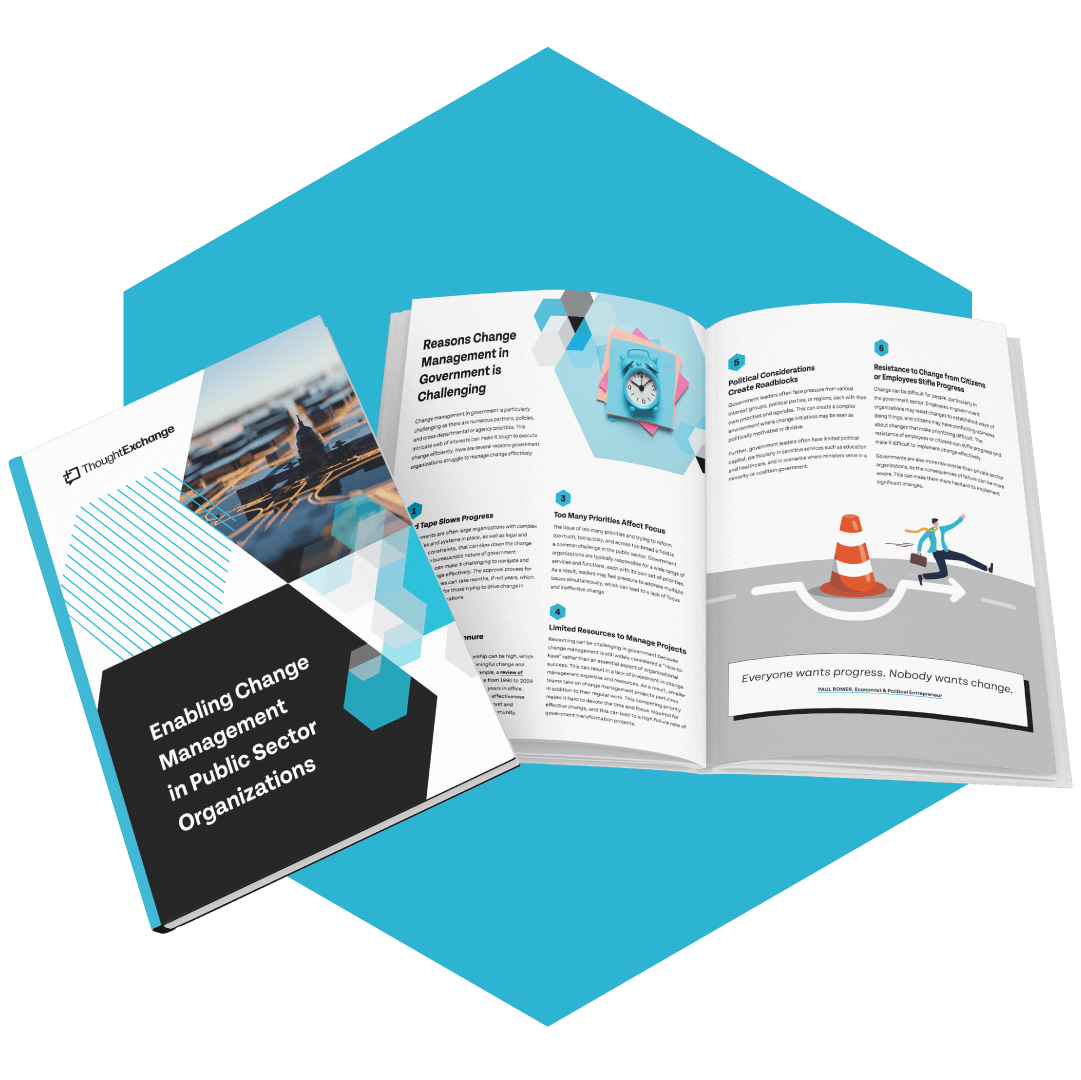

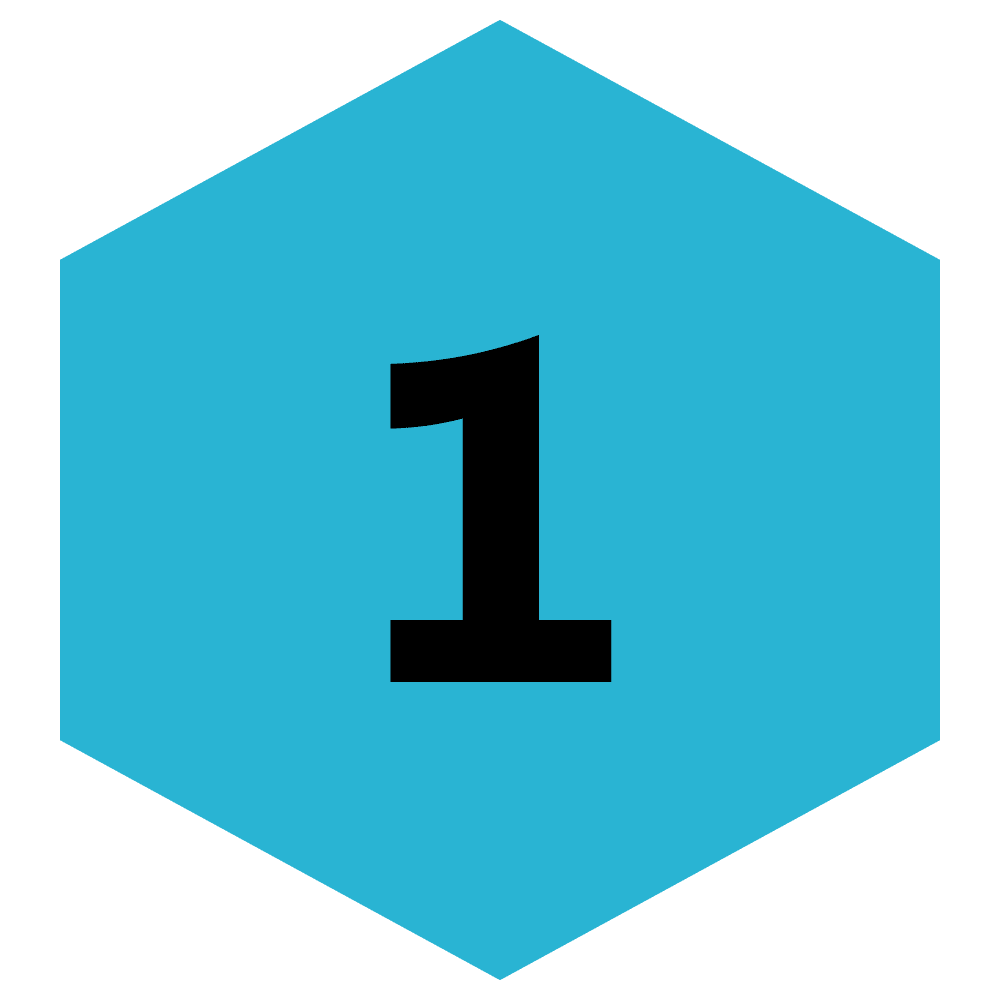
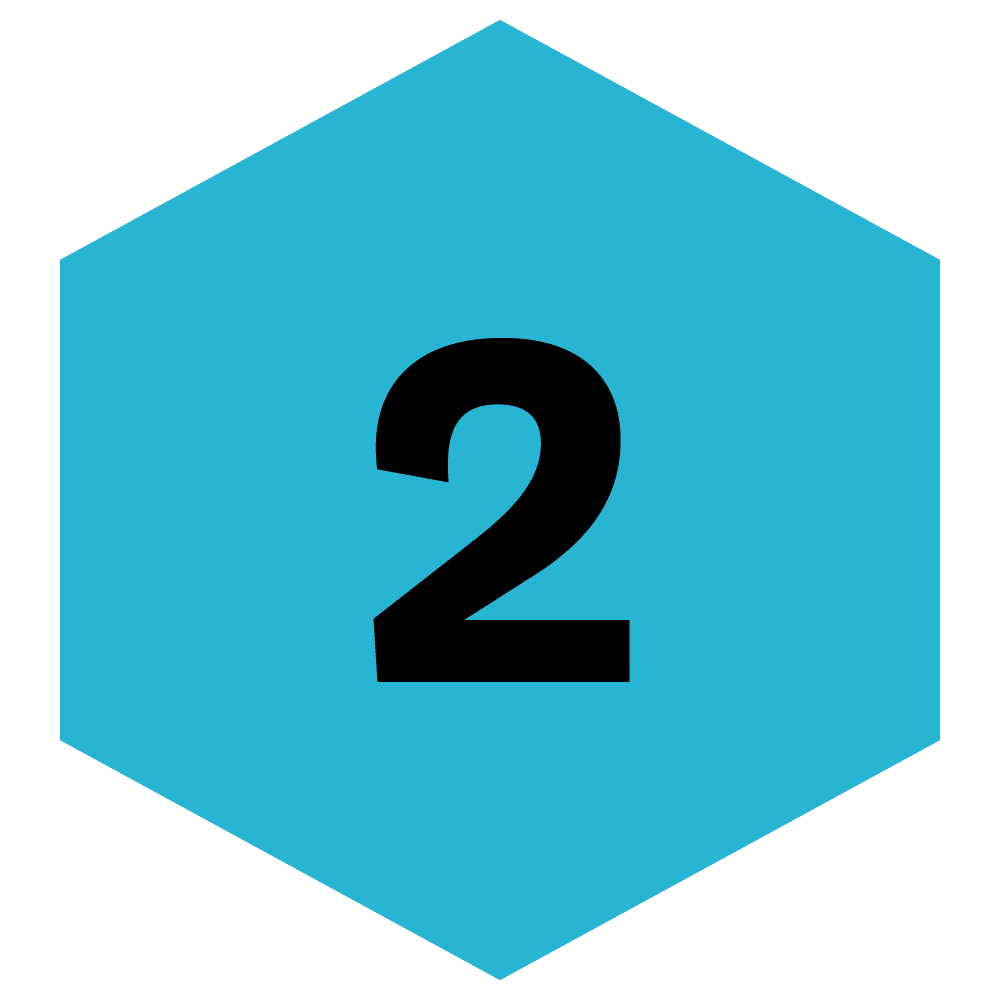
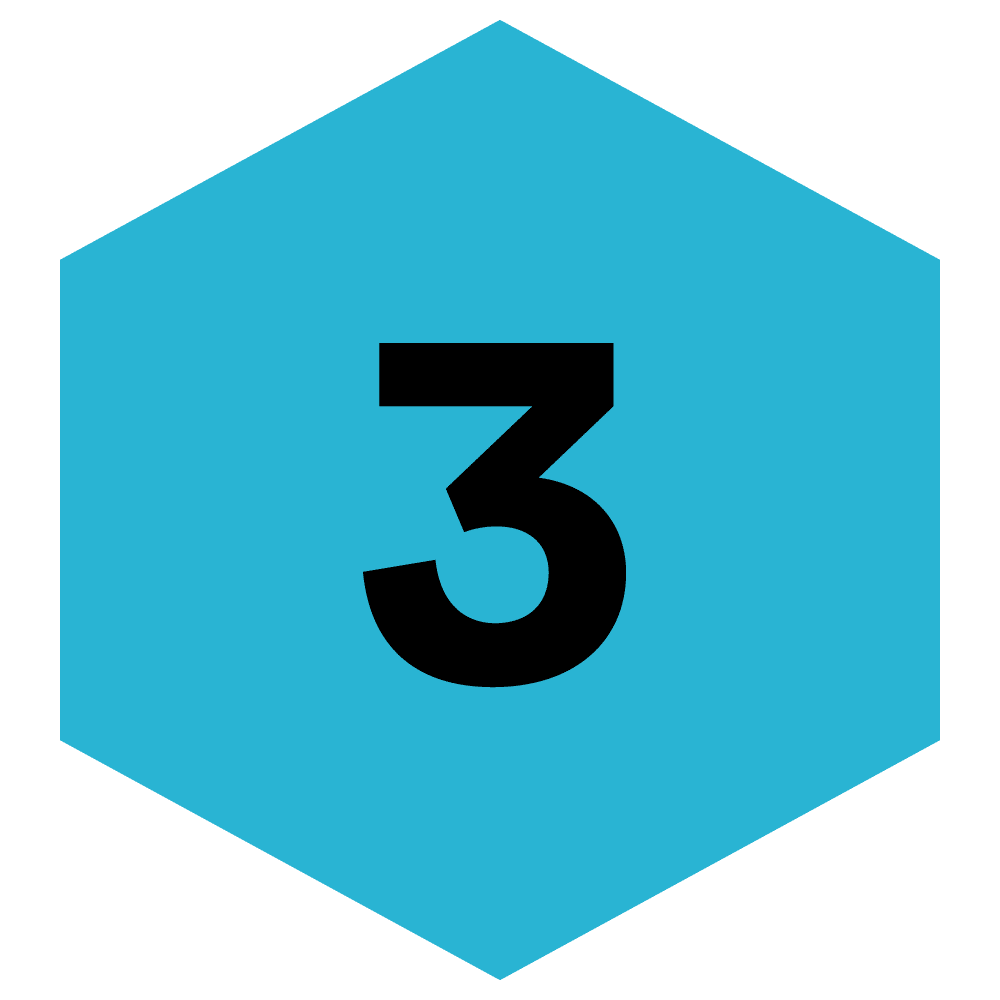
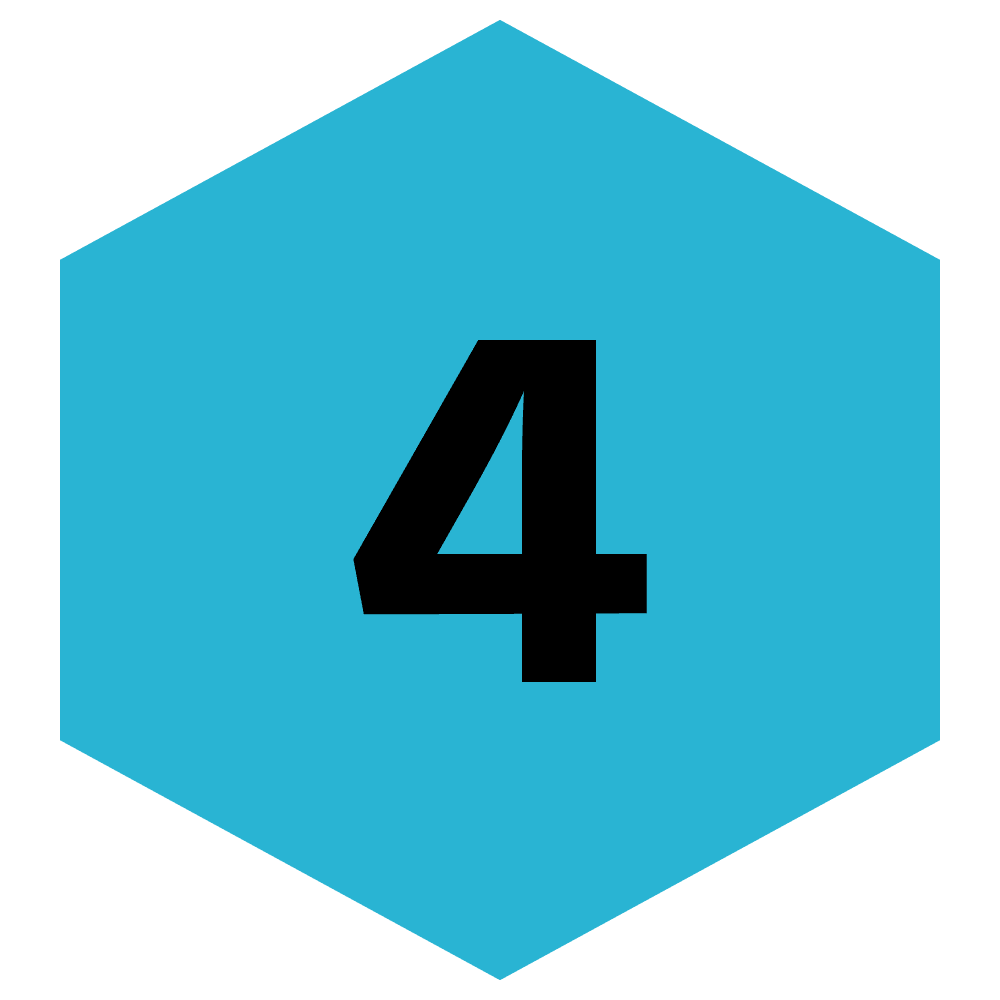



Social media
Social media is another essential tool that government agencies and public sector organizations can use to communicate and engage with citizens and partners to keep them informed about project progress and results.
Social media management platforms like Hootsuite can help create awareness and excitement about the benefits of the change initiative. Social media also allows organizations to reach a broad audience quickly and communicate in real time, providing updates, answering questions, and addressing concerns. Social media can also help public sector organizations to generate support for change initiatives, building momentum and enthusiasm for the project.
However, although social media accounts are spaces that include community voices, the engagement they foster is very different from engagement and survey platforms. Social media posts are subject to algorithms which can limit the audience for unsponsored content. And the type of unmoderated anonymous feedback they encourage can be linked to online abuse. They are one way to connect with citizens, but not the best way for organizations to have an impactful conversation with their community.